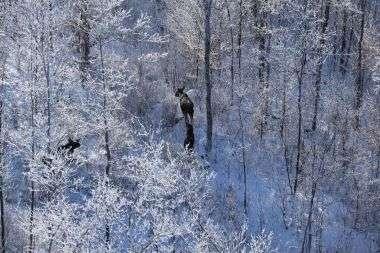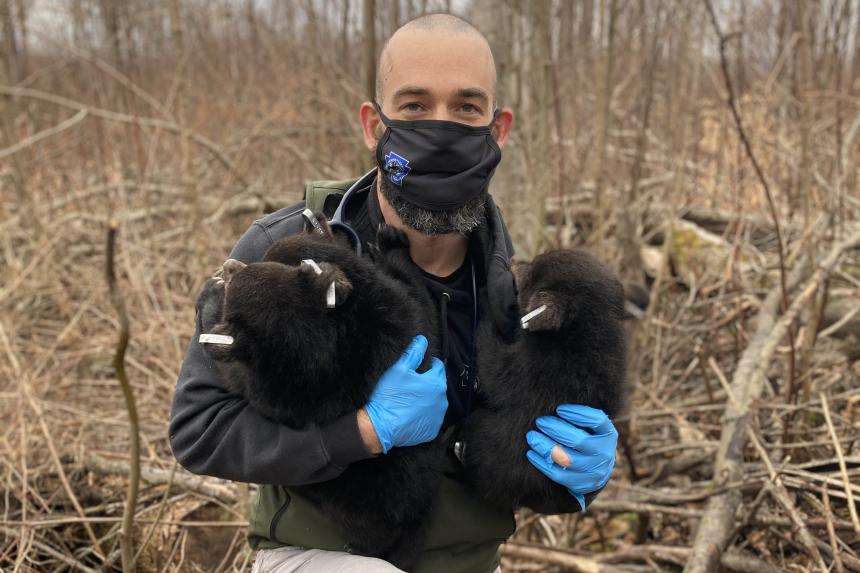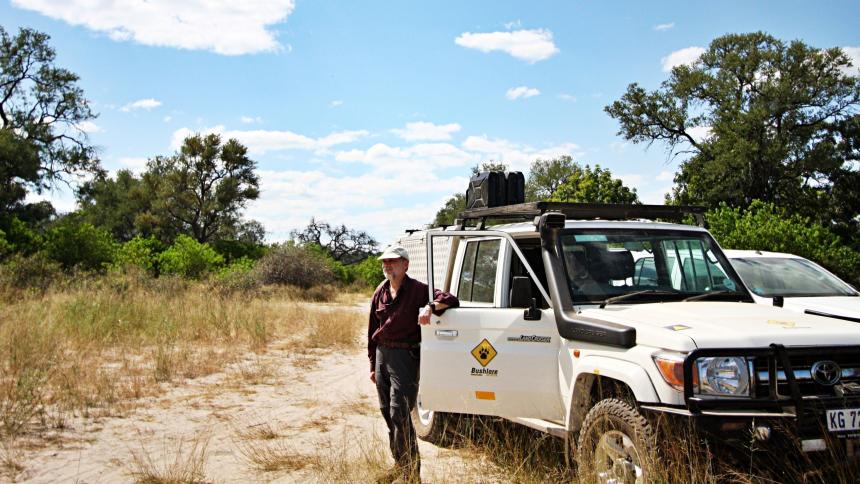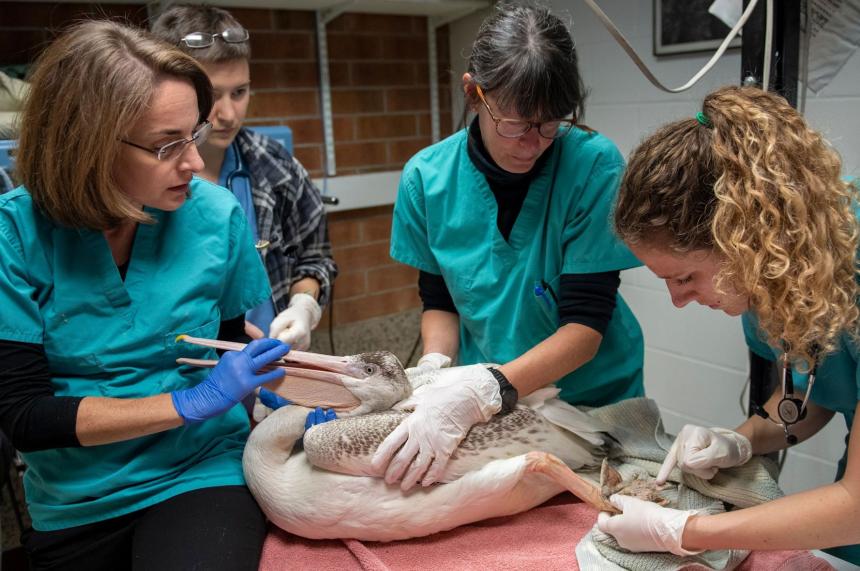In the News

March 02, 2023
Cornell scientists have been part of a multiphase project looking at factors influencing reproductive and survival rates of adult moose, availability of moose habitat and population estimates.

February 13, 2023
Chytridiomycosis has caused significant declines and extinctions of many amphibian species. In a new paper, Cornell scientists have found that an oral vaccine can stimulate an immune response and help some species fight the deadly disease.

News
February 08, 2023
Dr. Andrew Di Salvo had always been interested in wildlife and enjoyed being outdoors. He first considered a career in wildlife veterinary medicine while working as a park ranger in New York City before veterinary school....

February 03, 2023
A study led by Cornell researchers found that white-tailed deer – the most abundant large mammal in North America – are harboring SARS-CoV-2 variants that once widely circulated but are no longer found in humans.

January 18, 2023
From Ithaca to the plains of southern Africa, the Cornell Wildlife Health Center is working to heal the natural world. Launched in 2020, the center was formed to unite Cornell’s leading wildlife health professionals under a common mission: to repair the fractured relationship between people and nature.

January 16, 2023
The Cornell Wildlife Health Center has launched a new Student Support Fund for off-campus apprenticeships with free-ranging or captive wildlife, on-campus wildlife research, and student travel to present at professional conferences on wildlife health and conservation.

January 05, 2023
Protecting wildlife is hard, and a key step to determine if a wildlife species needs conservation intervention is finding them. The Cornell Wildlife Health Lab's Alyssa Kaganer describes using eDNA techniques to successfully find four-toed salamanders.

December 14, 2022
Welcome to new CVM faculty member Dr. Jennifer Bloodgood, a wildlife veterinarian and biologist with interests in free-ranging wildlife health and disease, pathology, infectious disease, and the interface of human and wildlife health.

December 12, 2022
Cornell Animal Science major Genesis Contreras ’24 needed her service dog to keep her safe while working with the Cornell Wildlife Health Lab, but Nugget, a 4-year-old beagle, needed to be safe as well. A team across Cornell found a solution: "doggles."

Video
November 04, 2022
Cornell Wildlife Health Center director Dr. Steve Osofsky takes you on a brief tour of our One Health work around the world.
